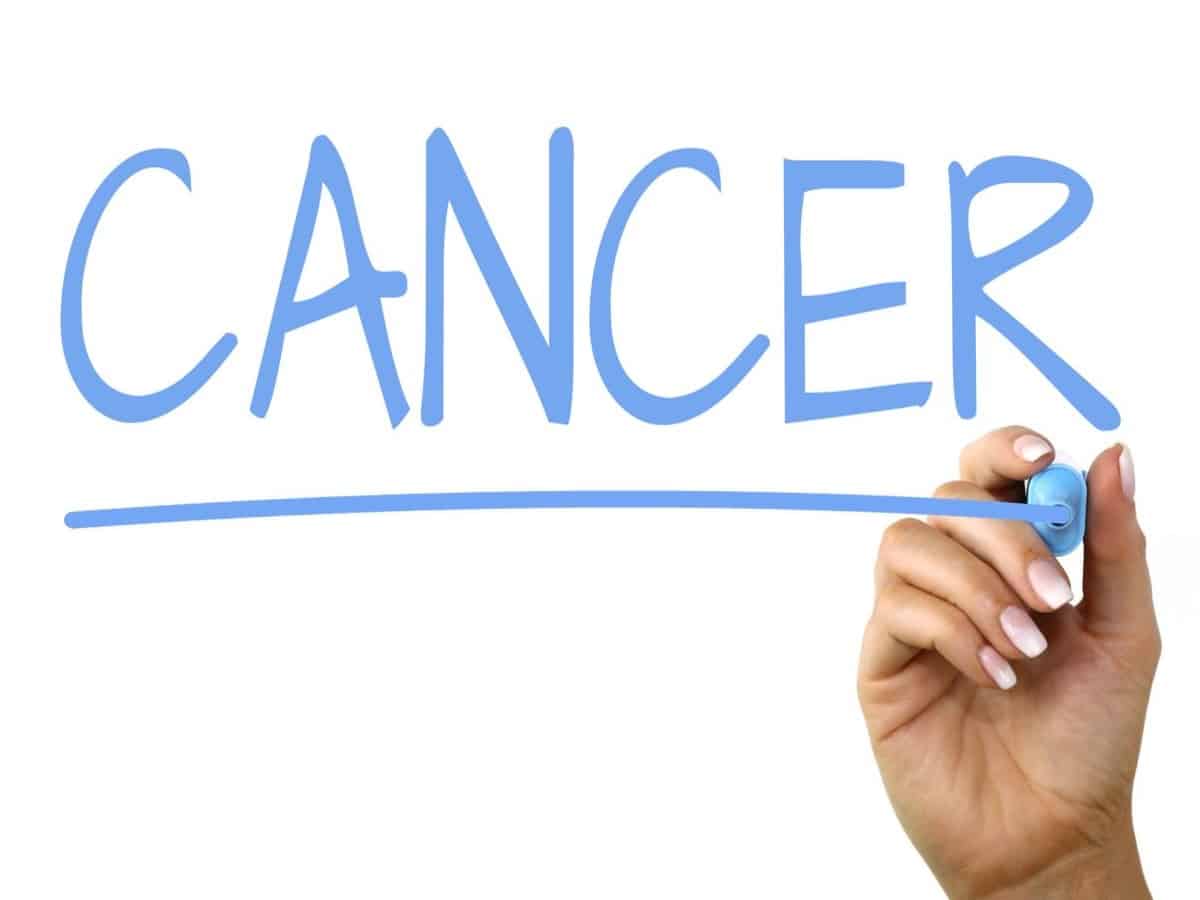Panaji: Geneva-based organisation Union International for Cancer Control (UICC) on Thursday said that by 2025, two-third of the cancer cases in the world will come from the developing countries.
UICC president Anil D’Cruz said this while addressing a gathering organised on the occasion of World Cancer Day.
“The distressing part of cancer is that at present two-third of it comes from the high developed western countries and one-third from the developing countries,” he said.
“But the pendulum is going to swing…By 2025, two-third of the cases will be from the developing country like ours. We are going to face the brunt of this cancer epidemic,” he said during the event organised by Gokarna Oncology Association.
Goa Chief Minister Pramod Sawant and Health Minister Vishwajit Rane were present for the function.
D’ruz said that the government and private sector should have cancer control priorities in place.
“Cancer control is not something done in isolation.
The approach should be multi-pronged. You should have prevention, early detection and state-of-the-art treatment, he said.
“Goa is a fine place. It has great infrastructure, but because of the mindset, people go to Mumbai, Belgavi or other places for treatment. Time has come to change,” he said.
D’Cruz urged the government to look at cancer control policy that would help patients.
He said the UICC is ready to help Goa in creating Cancer Control Plan.
“The first thing in cancer control plan is to have strong registry. We need to look what kind of interventions are required,” he added.
The chief minister said that over the last few years, the status of the cancer in our state is very different from the rest of the country.
“The occurrence of cancer cases in Goa is similar to the western world. The breast and colon cancer here is higher than the national average,” he said.
“This could be due to many factors like lifestyle of the people, unhealthy food habits, late pregnancy etc compared to the rest of the country,” he said.
Rane said that the state is taking forward the project about tertiary cancer care in the state.

